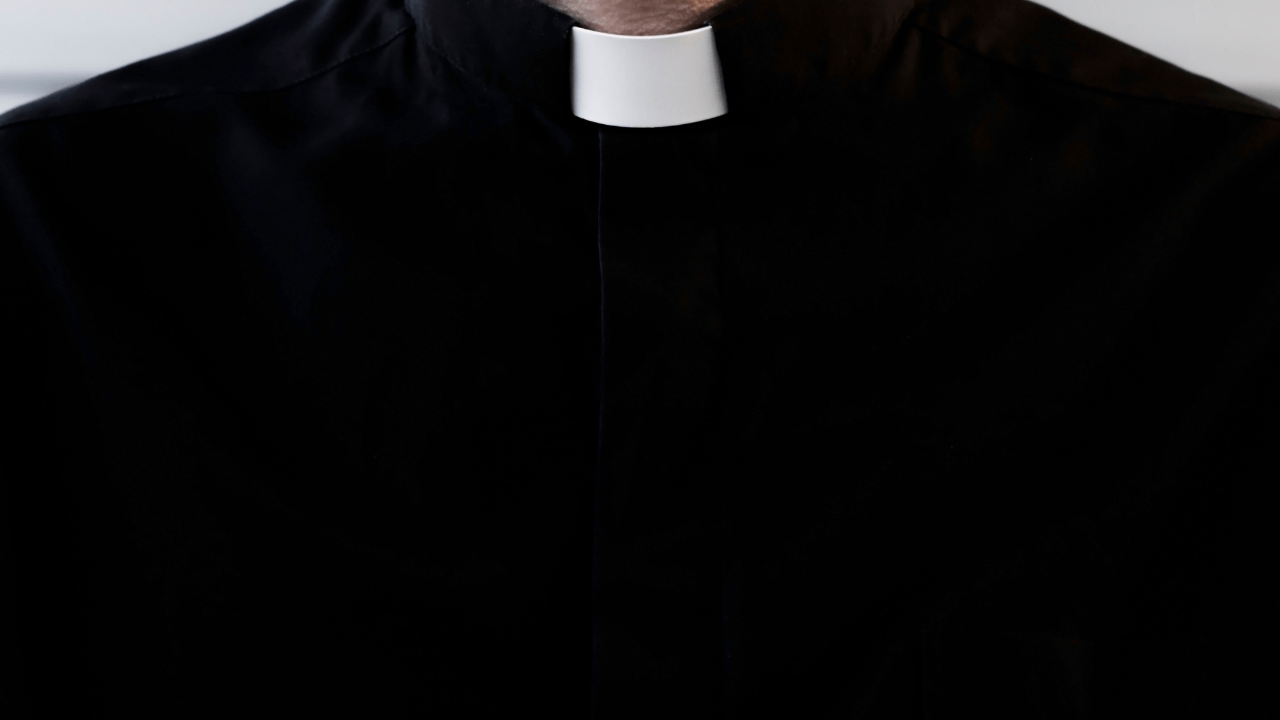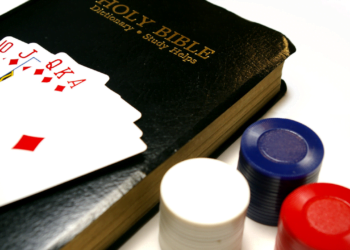No products in the cart.
What is the Role of a Priest in Christianity
This post contains affiliate links.
In Christianity, the role of a priest is vital in guiding, teaching, and upholding faith within the Christian community. A priest serves as a minister, representing a higher power and acting as an intermediary between people and spirits or deities.
They are responsible for proclaiming the Word of God and performing sacraments such as Eucharist, Reconciliation, Baptism, Funerals, Marriages, and the Sacrament of the Sick.
Along with these duties, priests also pray, deliver sermons and teachings, visit the sick and families, and participate in various parish and community activities. In Christianity, there are different types of priests, including diocesan priests who serve within a specific parish and religious priests who are members of a religious order or society.
All priests play a crucial role in leading and supporting the spiritual and social concerns of the Christian community.
Key Takeaways:
- The role of a priest in Christianity is to guide, teach, and uphold faith within the Christian community.
- Priests serve as ministers, representing a higher power and acting as intermediaries between people and spirits or deities.
- They perform sacraments, including Eucharist, Reconciliation, Baptism, Funerals, Marriages, and the Sacrament of the Sick.
- Priests also pray, deliver sermons and teachings, visit the sick and families, and engage in parish and community activities.
- Diocesan priests serve within a specific parish, while religious priests are members of religious orders or societies.
The Difference Between Diocesan and Religious Priests
In Christianity, there are two main categories of priests: diocesan and religious priests.
A diocesan priest, also known as a parish priest, is actively involved in the people’s daily lives within a specific parish. They may serve as a pastor or an associate pastor, assisting with administrative and sacramental responsibilities.
Diocesan priests do not take a vow of poverty. Instead, they receive a salary to meet their personal needs.
On the other hand, religious priests are members of a specific religious order or society. They take vows of poverty, celibacy, and obedience, demonstrating their commitment to selflessness and devotion.
Religious priests often live in a community with fellow priests or brothers, sharing a joint mission and supporting one another in their spiritual journey.
Moreover, religious priests can be sent anywhere their religious community works, allowing them to fulfill their calling in various locations and cultures.
To summarize:
- Diocesan priests serve within a specific parish and are involved in the people’s everyday lives.
- They do not take a vow of poverty and receive a salary.
- Religious priests are members of a religious order or society.
- They take vows of poverty, celibacy, and obedience.
- They often live in a community and can be assigned to different locations.
These differences in vows and lifestyle distinguish diocesan and religious priests in their roles and commitments within the Christian community.
Jesus Christ as the High Priest
In Christianity, Jesus Christ holds a unique and central role as the ultimate High Priest. The Old Testament portrays the High Priest as the intercessor between God and His people. They would offer sacrifices and gifts on behalf of the people to reconcile with God. However, Jesus surpasses this role with His greater and eternal priesthood.
As our Great High Priest, Jesus brings reconciliation between humanity and God through His perfect righteousness. He intercedes for us before the Father, pleading on our behalf. His prayers strengthen us to remain faithful in our journey of faith.
Unlike in other religions, Christianity does not require believers to access God through an earthly priest. Through Jesus, we have direct access to God the Father. We can approach Him confidently, knowing we receive mercy and grace through Jesus’ intercession. Jesus’ sacrificial death on the cross replaces the need for endless animal sacrifices and offers forgiveness to all who believe in Him as the sacrificial Lamb of God.
This post contains affiliate links.











